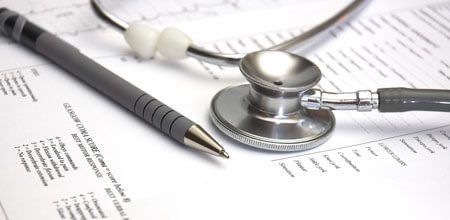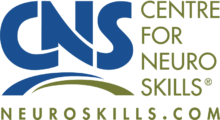TBI Model Systems
Recent Collection of Abstracts
BIAA collaborates with the nation's leading brain injury research centers, such as the TBI Model Systems, to abstract the findings published in profession journals into brief, easy-to-read articles.

How do different machine learning methods compare to one another when used to predict inpatient rehabilitation outcomes for patients with TBI?
The purpose of the study was to determine which machine learning can help predict patient outcomes better than traditional statistical...

How do behavioral healthcare providers’ attitudes and opinions about traumatic brain injury screening affect their decisions to screen their clients for TBI?
The purpose of this study was to determine to what extent behavioral healthcare providers’ perceptions about screening for TBI determined...

Do state supports for persons with brain injury affect outcomes in the 5 years following acute rehabilitation?
Are there positive long-term outcomes for persons with TBI who receive state-level resources and supports compared to those who do...

Prevalence of Drinking Within Low-Risk Guidelines During the First 2 Years After Inpatient Rehabilitation for Moderate or Severe Traumatic Brain Injury
How much alcohol do people with moderate-severe TBI drink during the first two years after inpatient rehabilitation?

Quasi-Contextualized Speech Treatment in Traumatic Brain Injury Inpatient Rehabilitation: Effects on Outcomes During the First Year After Discharge
Does quasi-contextualized treatment in speech therapy (ST) during inpatient rehabilitation have a positive effect on individuals with traumatic brain injury...

Obesity and Overweight Problems Among Individuals 1 to 25 Years Following Acute Rehabilitation for Traumatic Brain Injury: A NIDILRR Traumatic Brain Injury Model Systems Study
What is the relationship between the prevalence of weight classifications at post-injury years 1, 2, 5, 10, 15, 20, and...

Predictors of Outcome in Prolonged Posttraumatic Disorders of Consciousness and Assessment of Medication Effects: A Multicenter Study
What factors, if any, can predict recovery from prolonged unconsciousness, and is there preliminary evidence that specific medications contribute to...

Trajectories of life satisfaction after Traumatic Brain Injury: Influence of life roles, age, cognitive disability, and depressive symptoms
Individuals who sustain a TBI have different life satisfaction trajectories which are influenced by level of life role engagement, depressive...

How well does the TBIMS-NDB represent the population of all persons 16 years and older in the United States receiving acute, in-patient rehabilitation for TBI?
Question: The Traumatic Brain Injury Model Systems National Database (TBIMS-NDB) contains information about hospital stays and outcomes for over 10,000...


